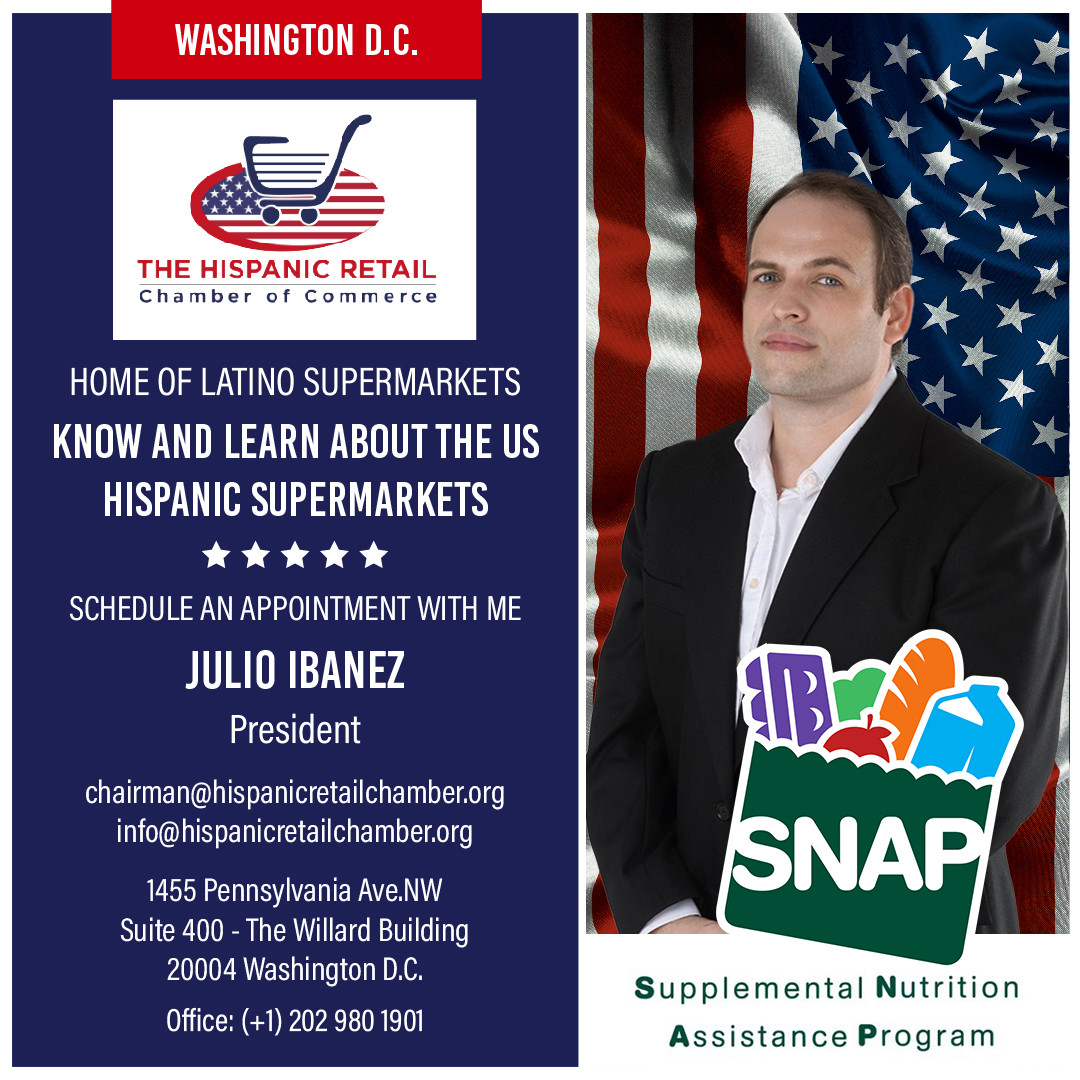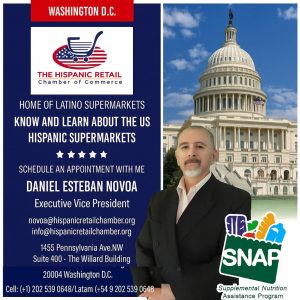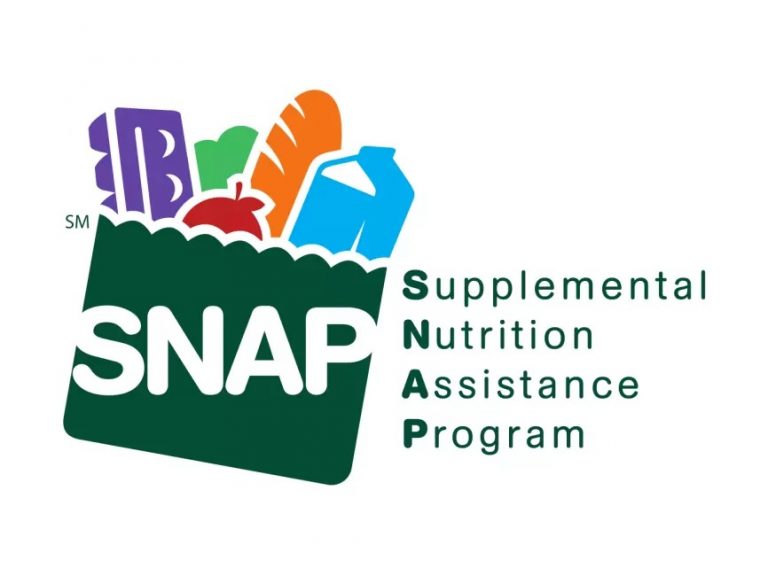As the federal government faces another budget impasse, uncertainty continues to grow around the future of the Supplemental Nutrition Assistance Program (SNAP), which provides support to more than 42 million Americans. The potential funding shortfall has reignited a national debate on food access—and underscored the essential role of the private sector, particularly Hispanic retailers and community-based businesses, in ensuring food security for vulnerable families.
This week, U.S. House Speaker Mike Johnson confirmed that the U.S. Department of Agriculture (USDA) is not authorized to use its $5 billion contingency reserve if SNAP funds are depleted during a government shutdown. Without those emergency resources, millions of households could experience disruptions in food access as early as November.
In response, major food delivery platforms and grocery chains have stepped forward to help bridge the gap. DoorDash launched an emergency initiative through its Project DASH network, offering free deliveries for food banks and waiving delivery fees for up to 300,000 SNAP orders. Gopuff announced $10 million in grocery credits for eligible customers, while regional supermarkets in states such as West Virginia and Illinois are distributing prepared meals and fresh produce to families in need.
These private-sector interventions highlight the growing importance of retail networks—especially Hispanic-owned and community-focused grocers—in maintaining stability within local food systems. Across the country, Hispanic retailers remain on the frontlines, often serving as the most accessible and culturally connected food providers for millions of households who rely on programs like SNAP.

“The Hispanic retail community has always responded when families need us most,” said Julio Ibáñez, President of the Hispanic Retail Chamber of Commerce. “Our commitment is simple: no family should feel alone when access to food is at risk.”

The Hispanic Retail Chamber of Commerce (HRCOC) recognizes this moment as a call to action for deeper collaboration. “Our mission has always been to strengthen the link between the Hispanic consumer, the community, and the retail industry,” said Daniel Esteban Novoa, Executive Vice President of HRCOC. “When public programs face uncertainty, it is the private sector—our supermarkets, distributors, and community partners—that step up to protect access and dignity for working families.”
The HRCOC is mobilizing efforts across its network of member retailers and food industry partners to coordinate relief strategies, share critical data, and amplify community outreach. Through initiatives such as The Retail Academy, Latino Retail Forum, Diario Retail, and the Grand Retail Show, the Chamber is committed to ensuring that Hispanic businesses remain resilient, informed, and proactive during periods of national economic stress.
As policy discussions continue in Washington, the Hispanic retail ecosystem is demonstrating that leadership and solidarity are not defined by legislation alone. They are built daily in neighborhoods, supermarkets, and distribution centers that keep America fed—one family at a time.



